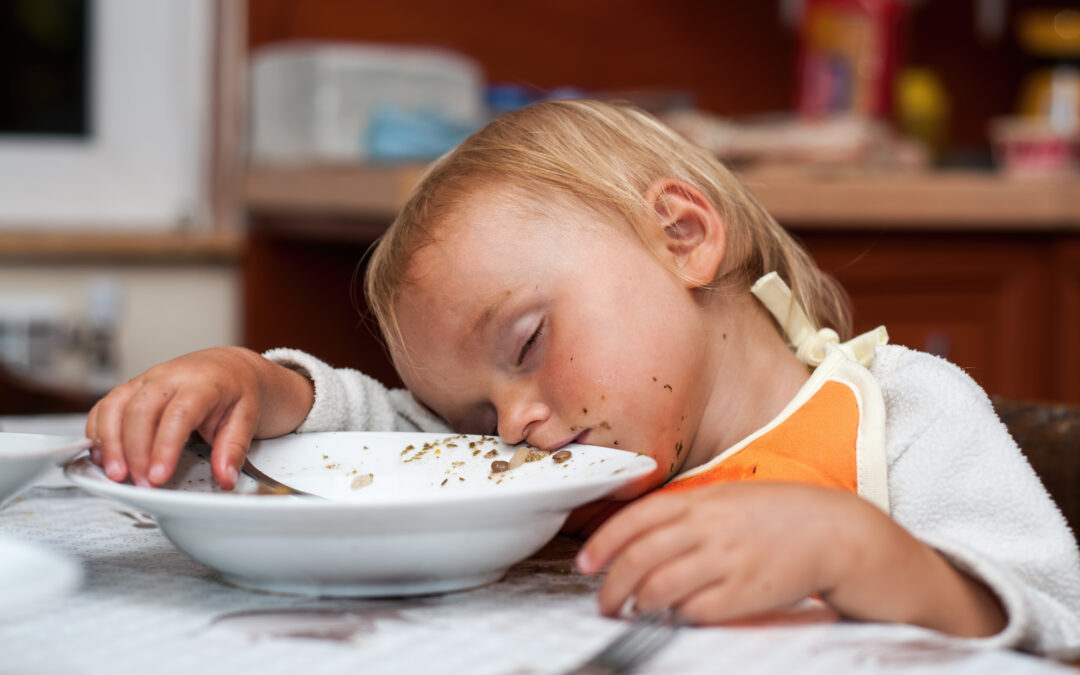Did you hear about the latest study around children who lose only 39 minutes of sleep per night and the effects it has on their wellbeing??
A new study published by JAMA last week found that getting less sleep can be harmful, both physically and mentally, for children. What was interesting about this study in comparison to others, was that they studied 100 healthy kids versus previous studies with children who have known sleep disorders. This was huge for the study of sleep for a healthy child.
What they specifically discovered was that by shorting a child just 39 minutes of sleep per night, led to a reported lower sense of wellbeing, difficulty coping with school and reduced quality of life. While this study focused on children ranging from 8 – 12 years of age, one can easily conclude that younger children and even older children (teens) could be affected similarly.
Think about how you feel when you are short on sleep, even if it’s only for a day or two…
I know I am more irritable, I have less patience with my kids and spouse, I am counting down the minutes until my kids are in bed. I know that I am not functioning very well as mom, wife, business owner or any of my other multiple hats I wear. But here’s the thing, most of us have developed coping skills in order to function when we are short on sleep. We can control our impulses, communicate our basics needs and frankly manage our day without large disruptions. Your child cannot.
How do you know if your child is not getting enough sleep?
Ask yourself these four sleep questions:
1) Does your child have bouts of increased difficulty coping with big feelings or interacting with siblings?
2) Is your child whiney, not just in the evenings or when they are due for a nap, but even after they wake up from their nap or soon after they wake in the morning?
3) Does your child have early morning wake ups and/or night wakings that last longer than a few minutes and often require some sort of intervention by you?
4) Does your child have a difficult time winding down before bed?
If you answered yes to any of these questions, this could be a sign that your child is not getting adequate sleep and needs some adjustments to their routines and/or sleep habits.
Here are a few tips to help your little one get some more sleep:
-
Have a consistent bedtime routine
-
Set a regular bedtime both on weekdays and weekends
-
Limit screen time 1 hour prior to bedtime (The Effects of Blue Light on Sleep)
-
Use age appropriate wake windows if your child is still napping (click here to receive your FREE Quick Reference Sleep Guide)
While the study that was published is new, the concept is not, or at least to sleep experts, like myself. And you all know about the importance of sleep but getting enough sleep is hard! If you are looking for help around this, book a call to have a preliminary sleep evaluation for your little one.
We can pinpoint what your child’s specific sleep needs are and how to meet them in a safe and gentle way.

